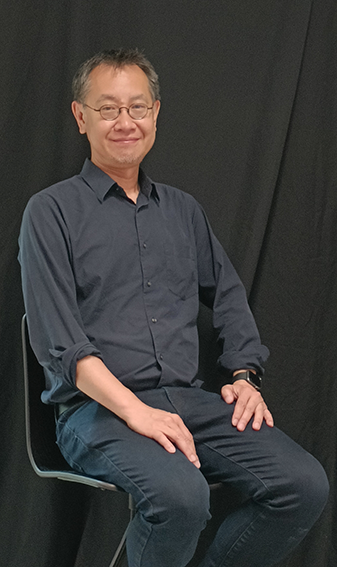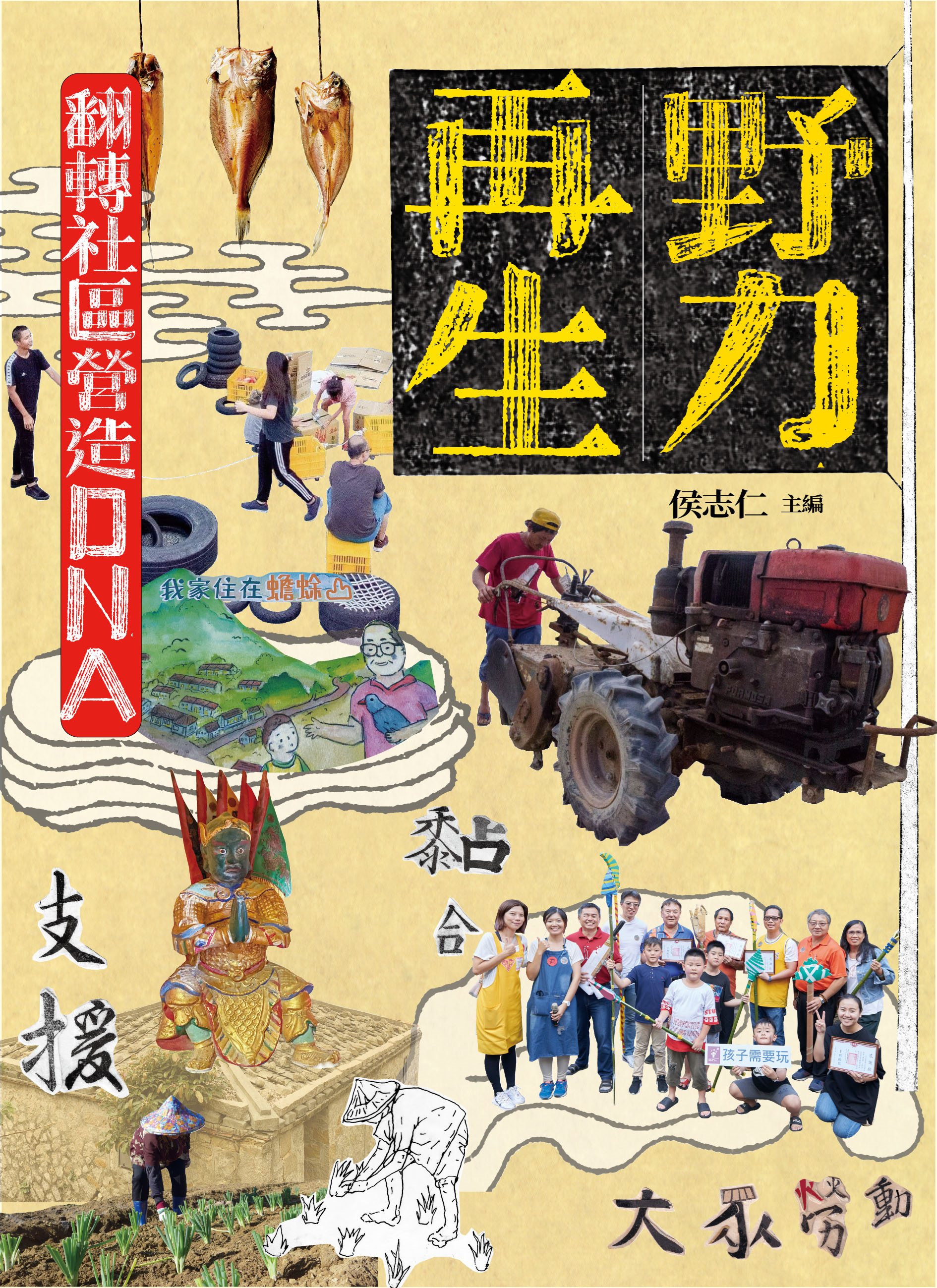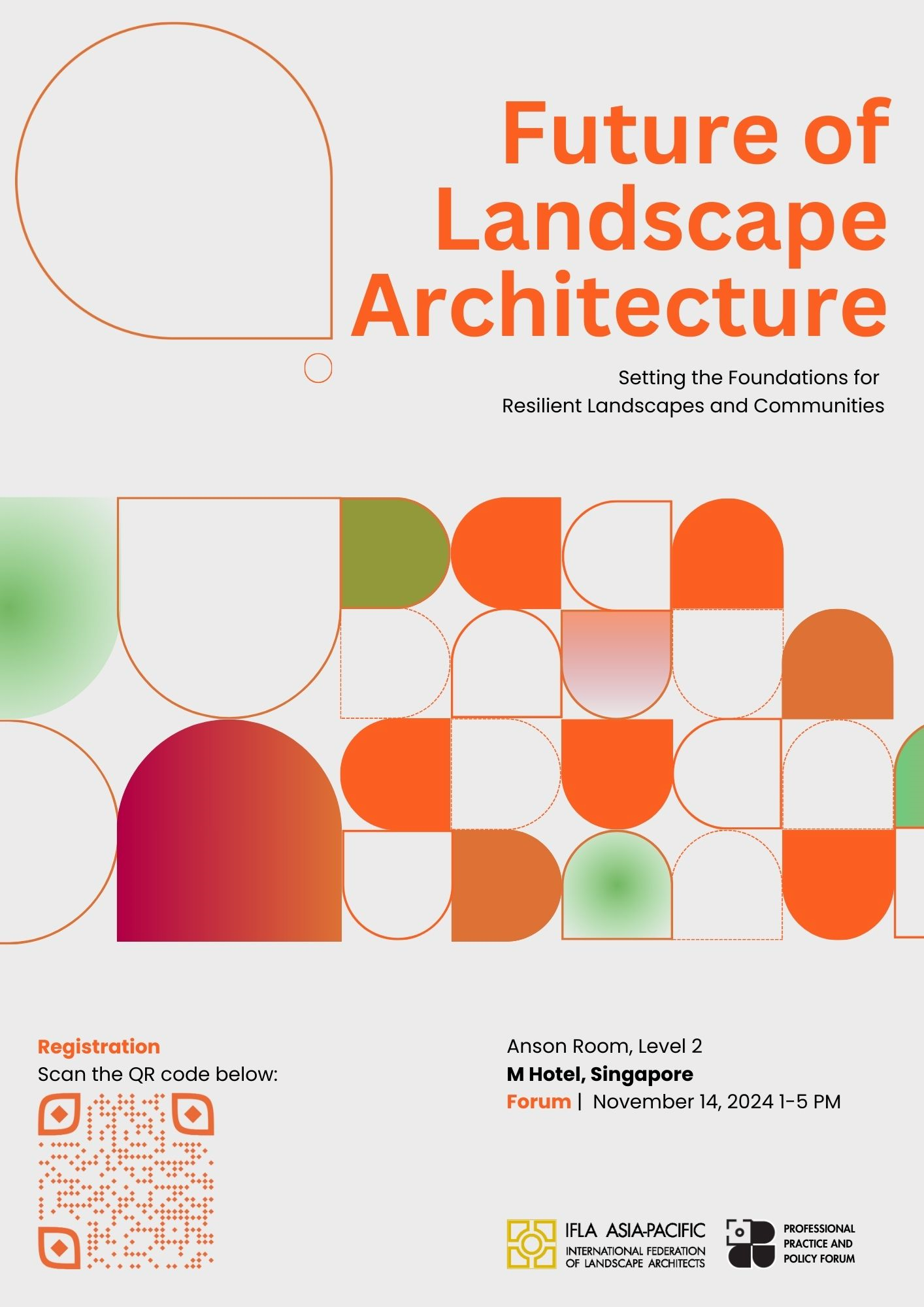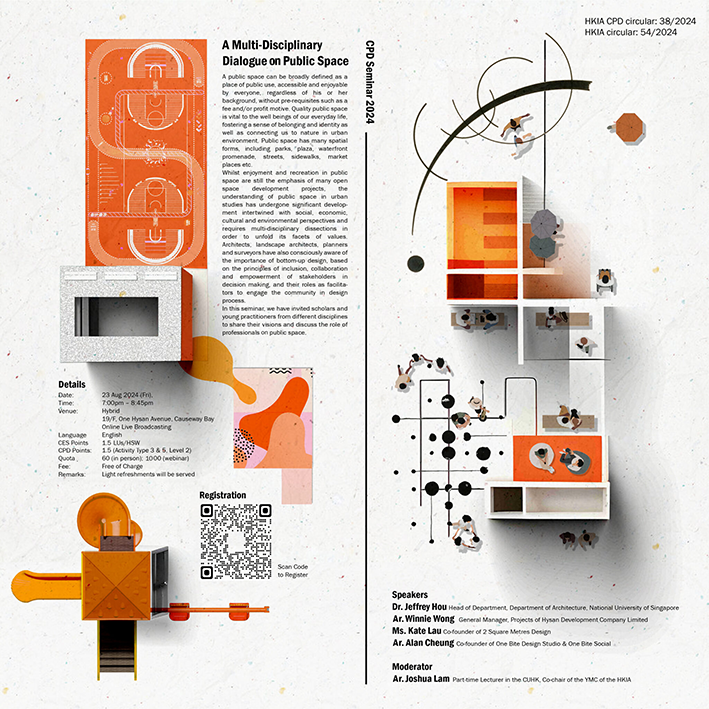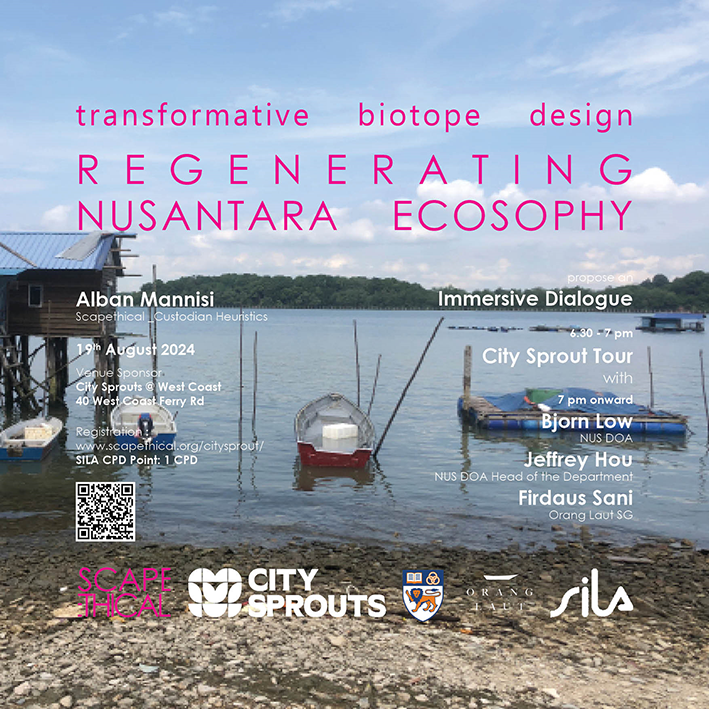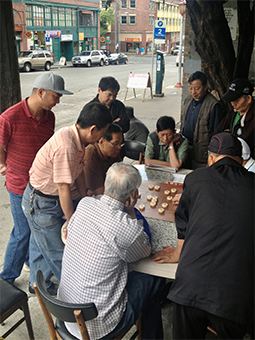Jeffrey HOU (Dr)
Provost’s Chair|Professor|Head of Department (Tenure Track)
In a career that spans the Pacific, Professor Jeff Hou has worked with indigenous tribes, farmers, fishers, and villagers in Asia and inner-city immigrant youths and elders in North American cities, on projects ranging from the conservation of wildlife habitats to bottom-up urban placemaking. Before his appointment as the Head of the Department at DOA in 2024, Hou was Professor of Landscape Architecture and led the Urban Commons Lab at the University of Washington (UW), Seattle. He served as Chair of Landscape Architecture at UW from 2009 to 2017.
A pioneer in bottom-up placemaking and civic engagement, Hou’s published work includes Insurgent Public Space: Guerrilla Urbanism and the Remaking of Contemporary Cities (2010), Transcultural Cities: Border-Crossing and Placemaking (2013), Messy Urbanism: Learning from the “Other” Asian Cites (2016), Design as Democracy: Techniques for Collective Creativity (2017), and Emerging Civic Urbanisms in Asia: Hong Kong, Seoul, Singapore, and Taipei beyond Developmental Urbanization (2022). His collaborative publications received the EDRA Places Book Award in 2010, 2012, and 2018.
Hou’s career recognitions include his elevation to the Council of Fellows of the American Society of Landscape Architects (2023), CELA Outstanding Educator Award (2023), CELA Award of Excellence in Research and/or Creative Work (2019), Community Builder Award (2012) from Seattle Chinatown International District Preservation and Development Authority, and Gold Circle Award (2011) from the Organization of Chinese Americans Greater Seattle Chapter in appreciation for a lifelong contribution to the Chinese American and Asian American community and its heritage.
Hou received his Ph.D. in Environmental Planning and M Arch from the University of California, Berkeley, MLA from the University of Pennsylvania, and B Arch from the Cooper Union. He was the City of Vienna Visiting Professor at TU Wien (2013), a Fulbright Scholar in Taiwan (2015), a Landscape Architecture Foundation Fellow for Innovation and Leadership (2020), and a Visiting Professor at Awaji Landscape Planning and Horticulture Academy, Chiba University, National Taiwan University, Portland State University, and University of Southern Florida.
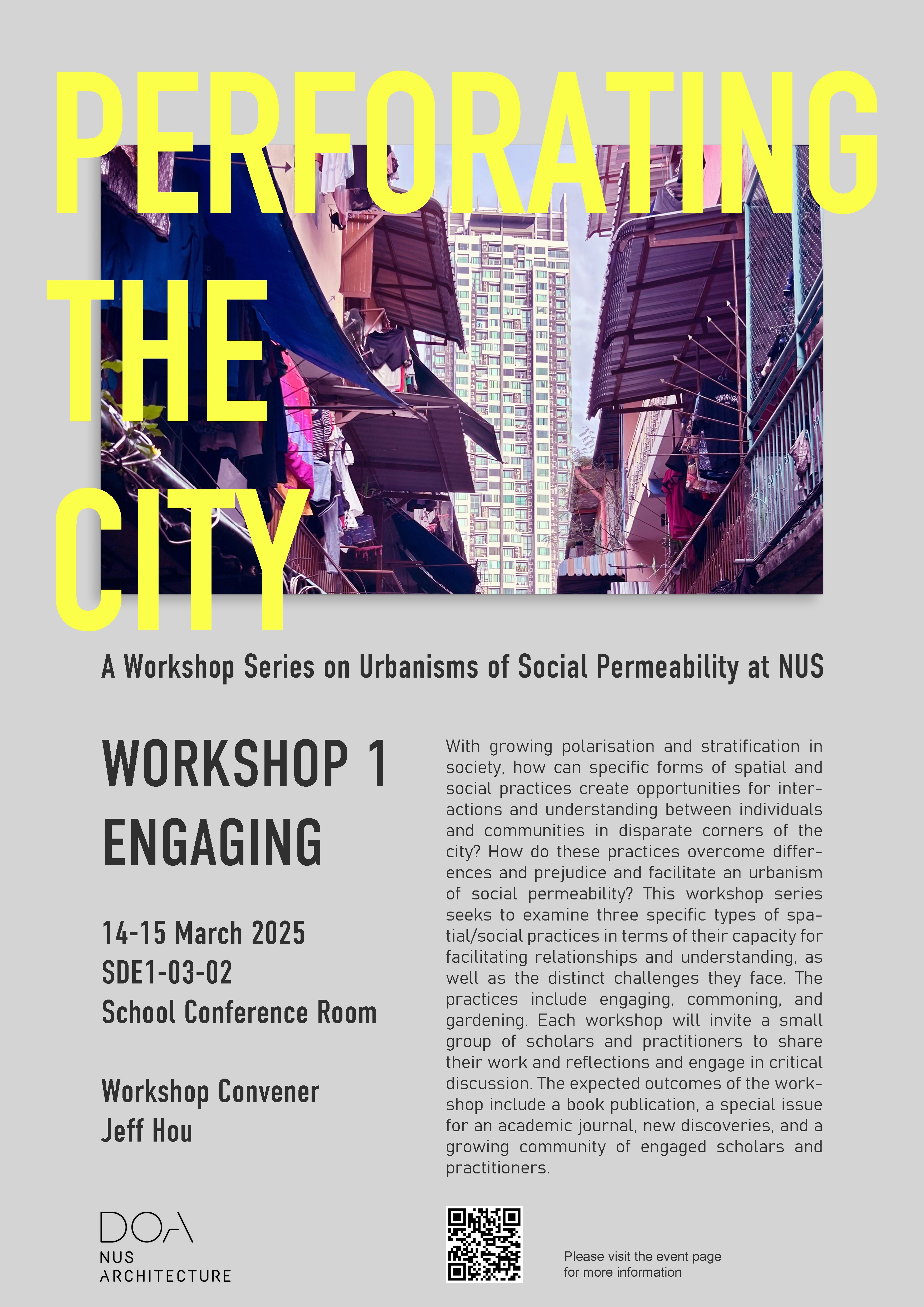
In the first of a 3-part workshop series led by Jeff Hou, leading community design practitioners, educators, and researchers from Bangkok, Hong Kong, KL, Seoul, Singapore, and Taipei came together at NUS for two days of exploration into the questions of inclusive engagement, overcoming social divide, and design for social permeability in the city.
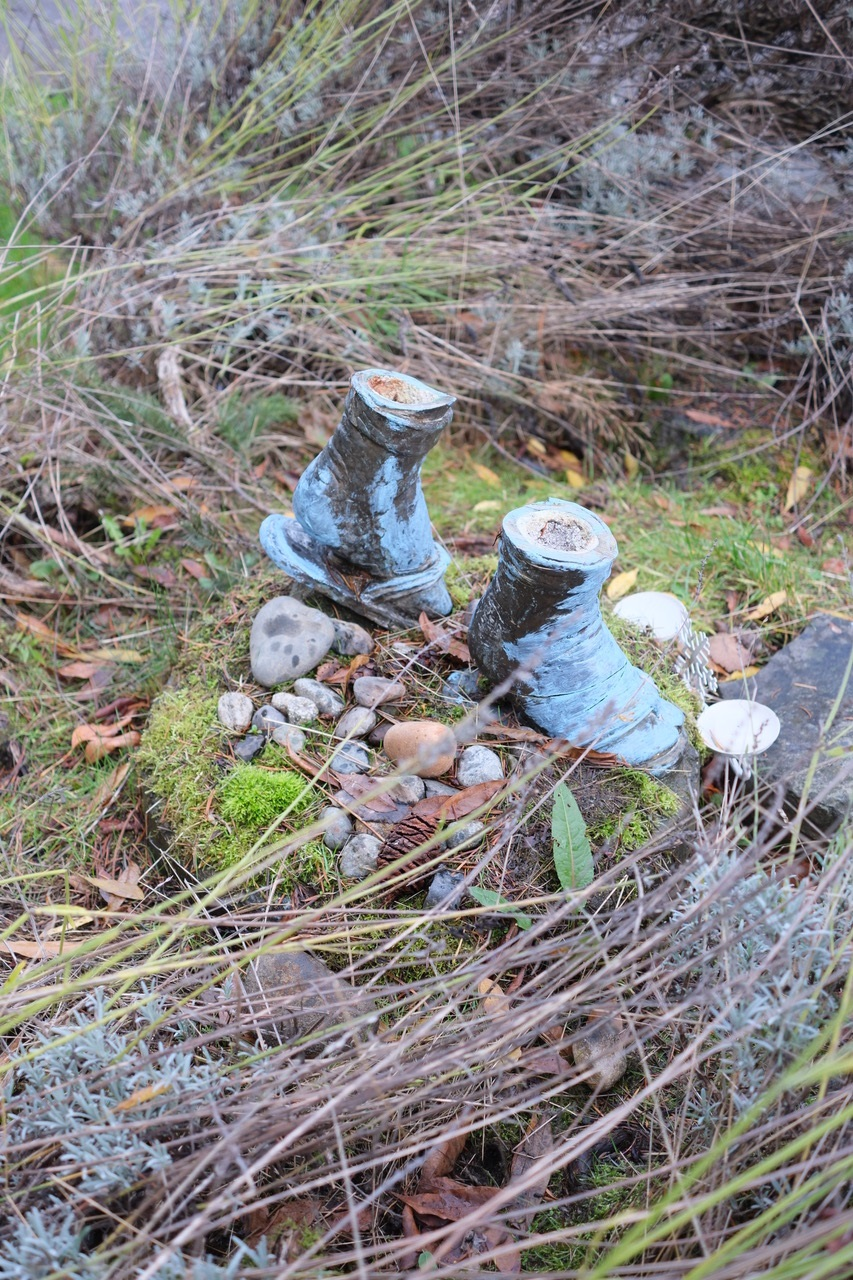
Commenting on a series of thefts targeting statues and memorials in Seattle parks, including those symbolising peace and ethnic pride, Jeff Hou argues that “it’s important to recognise the trauma that these communities are experiencing when the representation of their identities and stories are vandalised.”
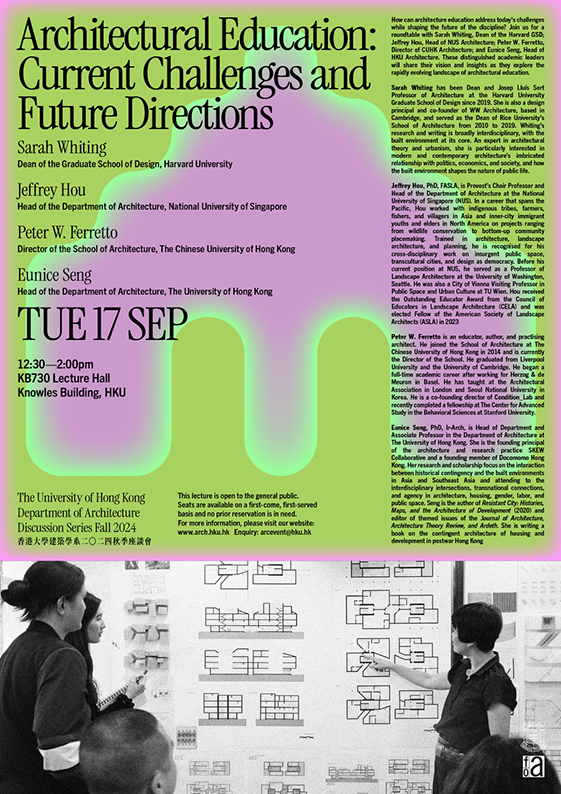
Hosted by the University of Hong Kong, a roundtable with Sarah Whiting, Dean of the Harvard GSD; Jeffrey Hou, Head of NUS Architecture; Peter W. Ferretto, Director of CUHK Architecture; and Eunice Seng, Head of HKU Architecture will address how architecture education can address today’s challenges while shaping the future of the discipline.
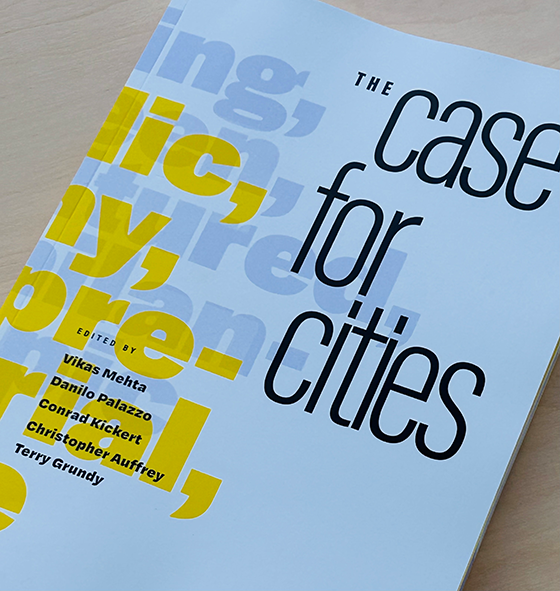
In the new book The Case for Cities, Jeff Hou contributed a chapter titled "COVID-19 and Mutual Aid: Adopting New Public Realms to Strengthen Civic Resilience.” The chapter summarises lessons and reflections shared by organisers and activists on mutual aid efforts during the pandemic. It discusses their implications for the public realm and civic resilience.
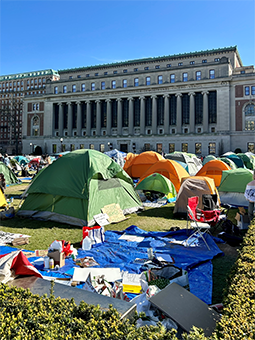
In this episode of The Urbanist, Jeff Hou discusses the relationships between protests, public space, and the changing characteristics of the urban environments in contexts including the recent wave of student protests in North America against the war in Gaza and the impact of privatisation on freedoms of assembly and expression.
